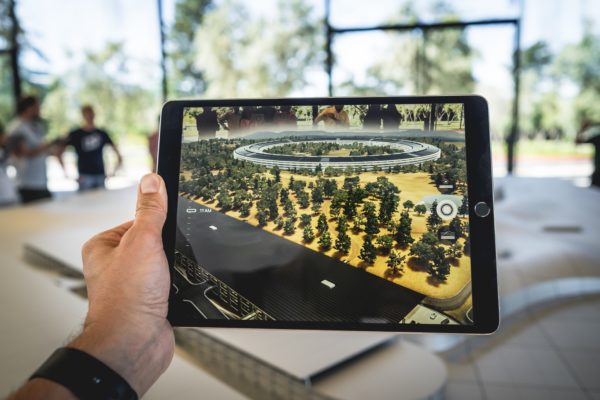BatTRI-Hub, a world class research centre, is set to create a new generation of batteries.
Blue Solution electric cars are a regular sight on the streets of Paris, Brussels and many other cities around the world. Such electric vehicles (EVs) could soon be a reality for Geelong, with Deakin and CSIRO researchers challenging themselves to build a home for battery technology innovation that will one day power the next wave of EVs.
After 20 years of research in electromaterials and related fields, Deakin University and CSIRO have joined forces to establish BatTRI-Hub – a Battery Technology Research and Innovation Hub that will develop the next generation of “beyond lithium-ion” battery technologies.
Aiming to accelerate the prototyping and commercialisation of energy storage technologies, the hub will boost sustainable power and energy industries, including an emerging electric vehicle industry in the Geelong region.
The hub will be a significant first step in the expected development of a full pilot scale facility at Waurn Ponds in the next few years.
According to BatTRI-Hub Director, Professor Maria Forsyth, from Deakin’s Institute for Frontier Materials (IFM), the hub will help to leverage opportunities for industries across the full energy value chain – improving techniques to achieve safer, lighter and more durable batteries.
[testimonial_text]BatTRI-Hub will allow us to scale up our lab-based research and work with new industry partners, as well as cementing existing relationships.[/testimonial_text]
[testimonial_picture name=”Professor Maria Forsyth” details=”Australian Laureate Fellow, Institute for Frontier Materials”]
[/testimonial_picture]
Deakin and CSIRO researchers are already working with some of the world’s leading companies, such as LG Chem – the largest manufacturer of batteries in the world – Toyota, Cytec, CIC Energigune and Ausnet.
BatTRI-Hub will be located in the CSIRO Manufacturing building on Deakin’s Geelong Waurn Ponds campus, next to Carbon Nexus. At its core will be a prototype-scale manufacturing facility, which is expected to be operational before the end of 2016.
Deakin’s critical mass of battery-related expertise has been developed through numerous government and industry-funded projects conducted over many years. This is being linked with CSIRO’s complementary research strengths including its RAFT polymer technology and high throughput polymer materials discovery, development and scale up facilities.
The Hub will also capitalise on the research expertise developed through the federally-funded Centre of Excellence for Electromaterials Science (ACES), of which Professor Forsyth is Associate Director.
According to the IFM’s Associate Professor Patrick Howlett, this breadth of expertise will be a key factor in the BatTRI-Hub’s research success.
“The materials component of batteries is only five to ten per cent of the system cost,” he said. “Battery design requires expertise in areas such as packaging, engineering and electronics that are equally important. BatTRI-Hub has the expertise to make batteries lightweight, package them and make them safe.”
He noted that exploring alternative approaches has allowed researchers to solve global challenges that have hampered battery development over the past decade.
“The main focus in battery research has centred on energy density, with researchers seeking to increase the amount of charge stored in batteries by increasing electrode capacity and voltage. However, this has tended to make batteries less safe and less durable,” he explained.
“Instead, we have focussed on ‘salt-based’ electrolyte materials, such as ionic liquids, plastic crystals and ionic-polymers, which are very stable, non-volatile and non-flammable.
“We are confident that BatTRI-Hub will support the integration of this new technology into global markets.”



